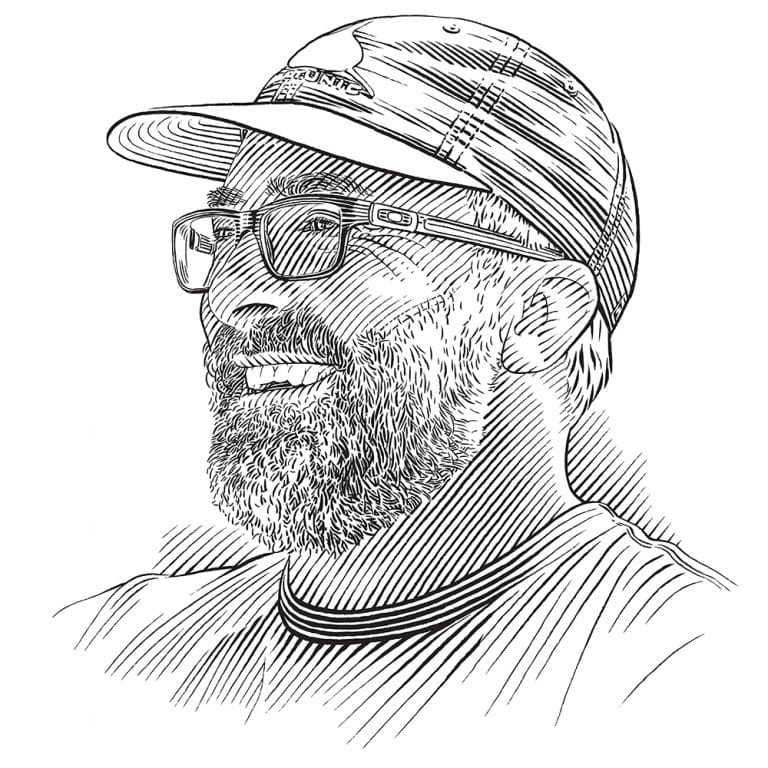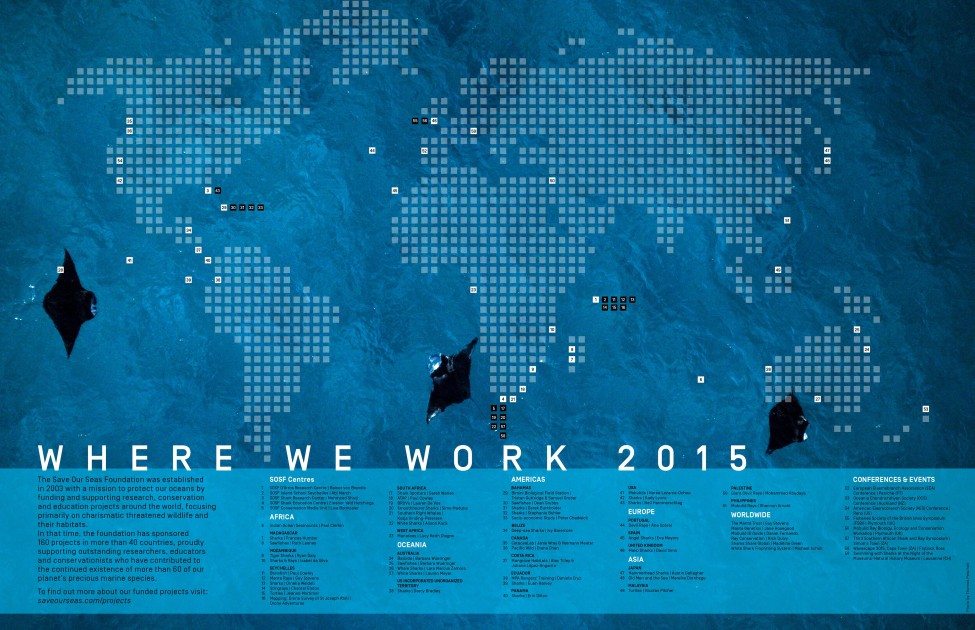Editorial #04
Winter | December 2015 issue
Photo by Yoann Vidoz
The adventure begins with an epic journey to the far reaches of our planet: the north-western shore of Canada’s British Columbia, where the coastal rainforest is as remote and difficult to access as its tropical counterpart. Looking down from a small aircraft upon the innumerable straits and fjords, the islands and the lush coast of seemingly endless forest that is spotted with lakes, rivers and streams, I’m already dreaming of the adventure ahead. At Prince Rupert, just a few miles from Alaska, we’ll board the local ferry that takes us to Hartley Bay and during the four-hour journey will have the opportunity to meet people who have called this incredibly rich region their home for thousands of years: people of the First Nations.
Eager to present the beauty and uniqueness of their region and of their culture, these people are happy to talk to us, and their connection with nature is immediately apparent. The conversation soon turns to their concerns about development, the exploitation of resources (on land and in the sea), and how difficult it is to find support for their attempts to protect a coast that the world knows so little about.
In this region, the Save Our Seas Foundation is funding two projects that are uncharacteristic for us. They may be atypical in that they focus on cetaceans, but they are certainly representative of the kind of people we strive to work with around the world. In this issue of the Save Our Seas Magazine, we tell you their stories and introduce to you this truly magnificent region.
The journey to the Great Bear Rainforest reminded me of the book Into the Wild – except that my travels were taking me to some of the most incredible, dedicated and friendly people I could wish to meet: Janie Wray and Hermann Meuter, who established and run the CetaceaLab research field station on the southern coast of Gil Island in the territory of the Gitga’at (People of the Cane) of the Tsimshian First Nation; and Ian and Karen McAllister, who founded and manage Pacific Wild, an environmental NGO based out of Bella Bella in the Heiltsuk (To Speak and Act Correctly) First Nation’s territory.
Good conservation can only be achieved by passionate people and solid science. The Save Our Seas Foundation is dedicated to these passionate people who devote their lives to a cause: to saving a species, a habitat, an ecosystem. The Founder of the Save Our Seas Foundation is dedicated to people who have this vision, enthusiasm and drive, and our support for these two projects and their leaders reflects our respect and appreciation for their work, dedication and achievements.

